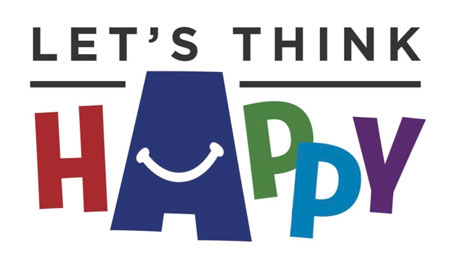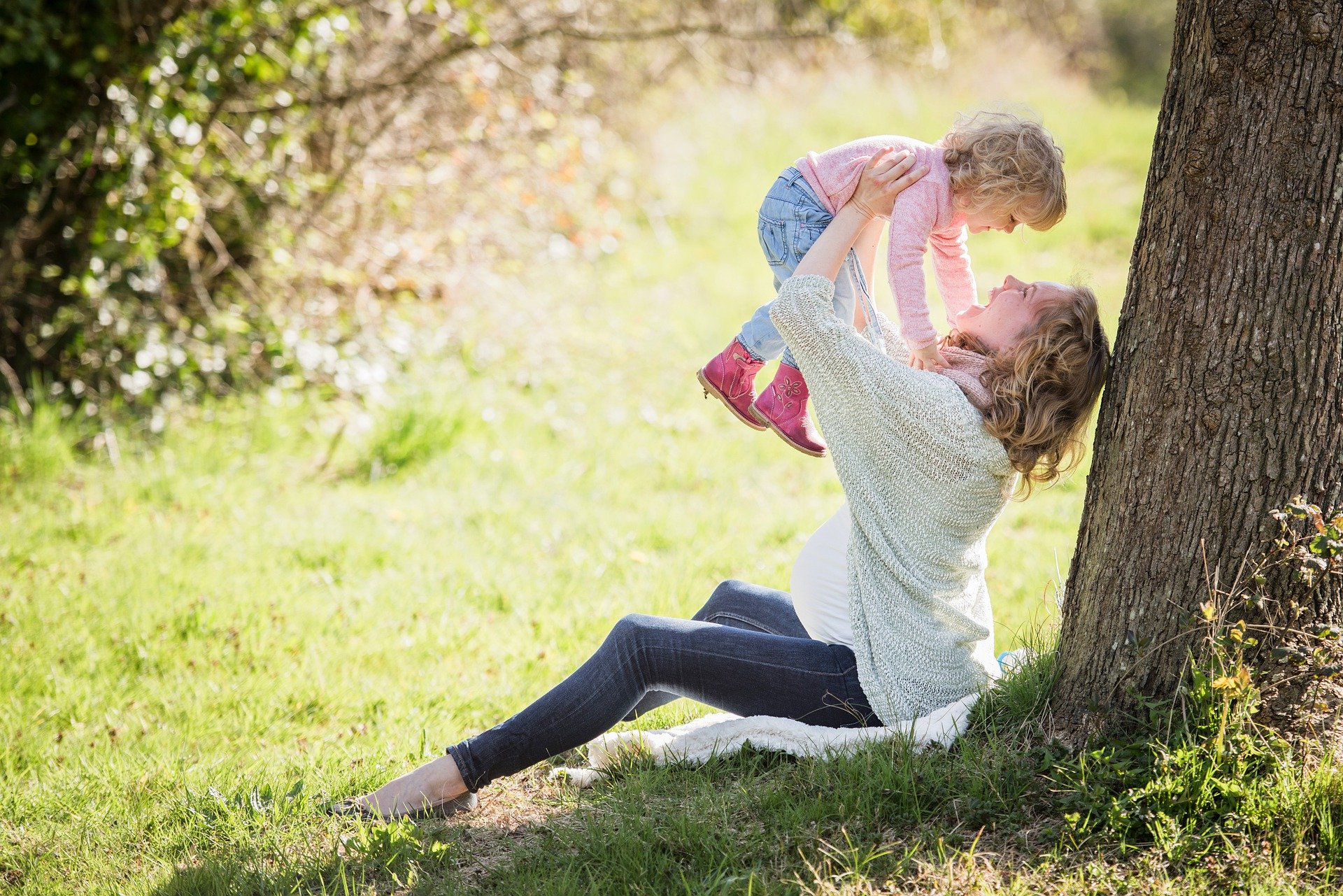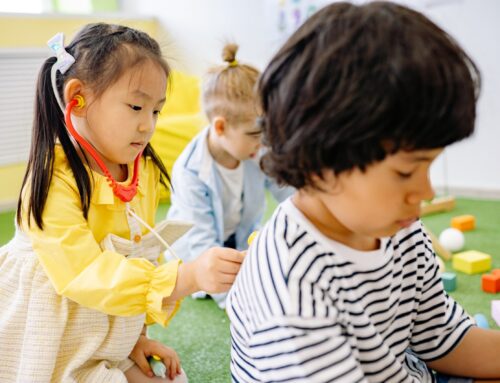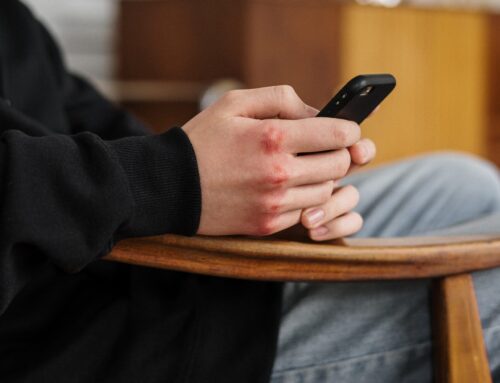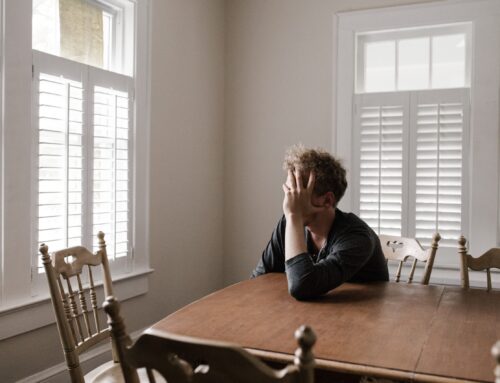Anxiety in children presents itself differently than it does in adults. Children having anxiety every so often is completely normal, especially when there are major changes in their lives. For some children, however, anxiety affects them on a daily basis, interfering with their school, home life, behavior, and social life.
According to NHS (link down below), the following symptoms can occur during a period of high anxiety in children:
- finding it hard to concentrate
- not sleeping, or waking in the night with bad dreams
- not eating properly
- quickly getting angry or irritable, and being out of control during outbursts
- constantly worrying or having negative thoughts
- feeling tense and fidgety, or using the toilet often
- always crying
- being clingy
- complaining of tummy aches and feeling unwell
In younger children, separation anxiety is common, however, in older children, social anxiety is more common.
What Causes Anxiety?
Some children are born more anxious and less able to cope with stress than other children. It can also be a behavior picked up by being around other anxious people. Major life events such as losing a relative, changing schools, being in a car accident, an extremely embarrassing moment at school, domestic abuse, etc. can cause temporary anxiety or long term anxiety. A child with autism or attention deficit hyperactivity disorder (ADHD) is also more susceptible to having anxiety.
How To Avoid Passing Anxiety On To Your Kids
Managing your own stress and anxiety is the first step to not pass it along to your children as well. Deep breathing and practicing mindfulness can help you feel calmer in general. It is a great idea to come up with a plan on how to react to things that make you feel anxious. Working with a therapist can help significantly lower the effects of anxiety.
How To Help An Anxious Child
Sometimes by naturally wanting to help an anxious child, you can accidentally make their anxiety worse. The best way to help them with their anxiety is to deal with it as it comes up and not avoid it. For example, at a doctor’s office, if a child is anxious to get a shot, instead of avoiding the shot altogether, help them realize that it’s okay to be scared. Instead of asking leading questions such as (“Are you worried about the quiz tomorrow?”) ask open questions such as (“How do you feel about the quiz tomorrow?”). Making sure your tone of voice and body language exhibits calmness can help your child remain calm as well.
There Is Still Hope
Anxiety does not have to be permanent. There are many resources to help children who suffer from anxiety. If you click on the link below, there are 24 different resources you can check out that are not only helpful to your children, but parents as well! https://www.hope-wellness.com/blog/24-resources-for-children-and-teens-with-anxiety-and-their-families
If you are wondering whether you or your child have symptoms of anxiety, or another mental health condition, feel free to stop guessing! Take our FREE personalized questionnaire created by a licensed therapist to find out which therapy is best for you. Then get your FULL results to find out whether you have symptoms of:
- ADHD/ADD
- Anxiety
- Bipolar Disorder
- Depression
- Personality Disorder
- Eating Disorder
- PTSD
- OCD
- & More!
Start on your journey to a happier life today! Life is too short not to be happy, so let’s think happy.
Resources:
https://childmind.org/article/what-to-do-and-not-do-when-children-are-anxious/
